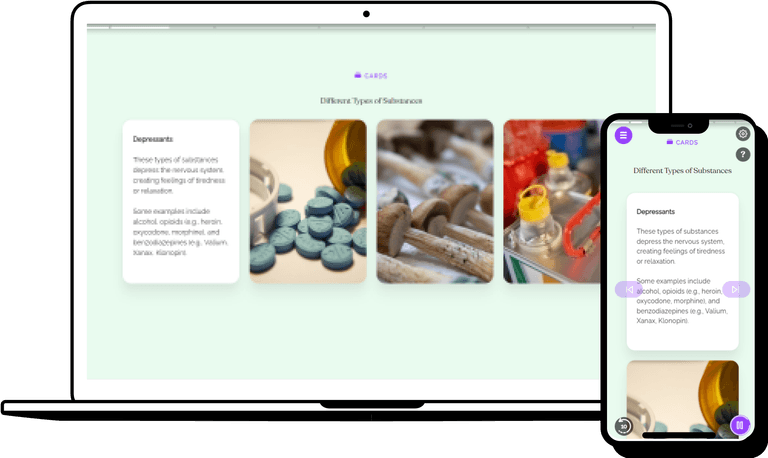Receiving Reports & Providing Support
Navigate through the responsibilities of institutions when reports are made, the steps they take to investigate and address incidents, and the resources available to support survivors and reporters alike.

Institutional Responsibility
Educational institutions have a legal obligation to respond promptly and effectively to reports made under Title IX. This responsibility includes conducting thorough investigations, ensuring due process for all parties involved, and taking appropriate actions to address and prevent further incidents.

Creating an environment that prioritizes support for survivors and reporters contributes to a culture of trust and safety.
Different departments within institutions work together to provide a comprehensive and coordinated support system.
Institutions prioritize the confidentiality of those involved while conducting investigations and offering support.
Educational institutions adopt survivor-centered approaches to ensure that the needs and preferences of survivors are respected throughout the process.

Providing Support
Educational institutions are tasked with offering comprehensive support to both survivors and reporters of incidents. This support encompasses various aspects, including emotional, legal, and academic assistance, ensuring that individuals have the resources they need to cope with the aftermath of an incident.
Supporting Survivor Well-being
Understanding the support available and how institutions respond to reports empowers you to contribute to a safe and empathetic educational environment.
Here are some myths to look out for:
- -
Knowing Reporting Channels: Familiarize yourself with how to report incidents and the resources available for support.
- -
Spreading Awareness: Educate others about the importance of reporting and the supportive measures in place.
- -
Advocating for Change: Use your knowledge to advocate for robust support systems and improved incident response within educational institutions.

Promote institutional accountability with Title IX Training
Promote a culture of institutional accountability through Title IX Training from EasyLlama. Our specialized training empowers you to navigate the complex landscape of incident reporting and response, ensuring that educational institutions uphold their responsibilities under Title IX. Gain insights into effective investigation procedures, survivor support measures, and collaborative efforts that drive positive change. By acquiring the knowledge to hold institutions accountable, you play a crucial role in fostering safer and more respectful learning environments.

Helping over 8,000 organizations create a safer, more productive workplace
The goal of this training is to teach bystander intervention skills which empower students and employees to help stop discrimination and harassment in their tracks. This course covers:





















